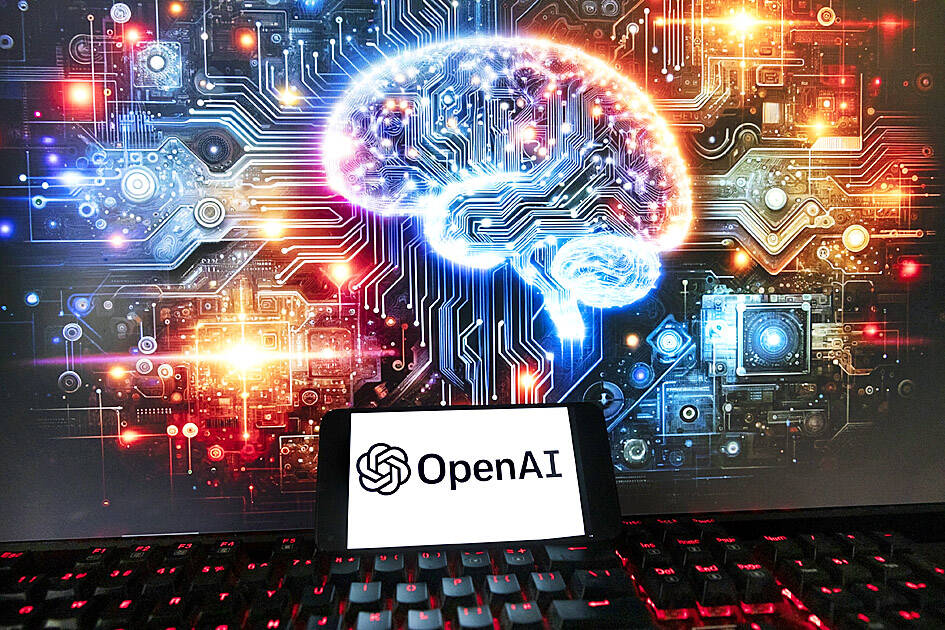The European Union on Wednesday announced the creation of an “AI Office” of tech.
The European Union has taken a significant step in regulating artificial intelligence (AI) with the establishment of an “AI Office,” comprising tech experts, lawyers, and economists. This move comes under a comprehensive new law designed to govern AI, particularly powerful systems like OpenAI’s ChatGPT. The law, approved this year after extensive negotiations, marks the world’s first attempt at such comprehensive regulation. The AI Office aims to balance innovation and societal benefits with the need to mitigate risks associated with AI.
The AI Act and the Role of the AI Office
The AI Act, first proposed in 2021, was fast-tracked following the rapid rise of ChatGPT in 2022, which showcased AI’s ability to generate coherent and complex text swiftly.
The European Commission emphasized that the AI Office’s goal is to foster the development, deployment, and use of AI in a way that benefits society and the economy while minimizing potential risks. This new office will be established within the European Commission, the EU’s executive arm and its primary tech regulator. With a team of 140 members, the office will play a crucial role in ensuring that AI systems adhere to EU values and regulations.

Thierry Breton, EU Commissioner for Internal Market and Defense Industry, highlighted that the AI Office would promote a European AI ecosystem that is both innovative and competitive while adhering to EU rules and values. The AI Act itself adopts a risk-based approach, imposing stricter regulations on AI systems that pose higher risks to the rights or health of Europeans. This approach ensures that the obligations to protect individuals from potential harms increase with the risk level associated with the AI system.
Margrethe Vestager, the EU Commissioner for Competition, stated that the AI Office would collaborate with developers and the scientific community to evaluate and test general-purpose AI systems. This collaboration aims to ensure that AI serves humanity and upholds European values. Companies will need to comply with the AI Act by 2026, with specific rules for AI models like ChatGPT coming into effect 12 months after the law’s official adoption.
Investment and Governance Challenges
Despite this significant regulatory progress, the EU faces criticism for its investment strategies in AI. On the same day as the announcement of the AI Office, EU auditors criticized the commission for not investing sufficiently in AI to meet the bloc’s ambitious goals. The spending watchdog emphasized the need for stronger governance and better-targeted public and private investments to achieve the EU’s AI objectives.
The auditors pointed out that while the establishment of regulatory frameworks like the AI Act is crucial, it is equally important to back these regulations with substantial investments in AI research and development. The commission, however, defended its track record, stating that it invests over one billion euros (approximately US$1.1 billion) annually in AI research projects across various schemes. This investment is part of the EU’s broader strategy to support innovation and maintain its competitive edge in the global AI landscape.
ALSO READ : AAP’s Atishi Summoned Over MLA Poaching Allegations Against BJP
The European Commission reiterated its commitment to fostering a robust AI ecosystem through these investments. The AI Office, with its multidisciplinary team, is expected to play a pivotal role in guiding these investments and ensuring they are aligned with the regulatory framework established by the AI Act. By combining regulatory oversight with targeted investments, the EU aims to create an environment where AI can thrive while being safely integrated into society.

The EU’s establishment of the AI Office and the introduction of the AI Act represent significant milestones in the global effort to regulate AI. By taking a proactive approach to AI governance, the EU aims to ensure that the development and use of AI systems are aligned with its values and standards. The AI Office will be instrumental in this endeavor, providing the expertise needed to navigate the complex landscape of AI regulation.
However, the challenges highlighted by EU auditors underscore the importance of not only creating regulatory frameworks but also ensuring that adequate investments are made to support these regulations. The commission’s commitment to investing over one billion euros annually in AI research is a positive step, but continuous efforts are required to ensure these investments are effectively utilized.

As the world watches the EU’s approach to AI regulation, the success of the AI Office and the AI Act will likely serve as a model for other regions. Balancing innovation with risk mitigation is a complex task, but the EU’s comprehensive strategy provides a blueprint for how to achieve this balance. Through careful regulation, targeted investments, and collaboration with the scientific community and developers, the EU aims to lead the way in ensuring that AI serves humanity and adheres to shared values and standards.












